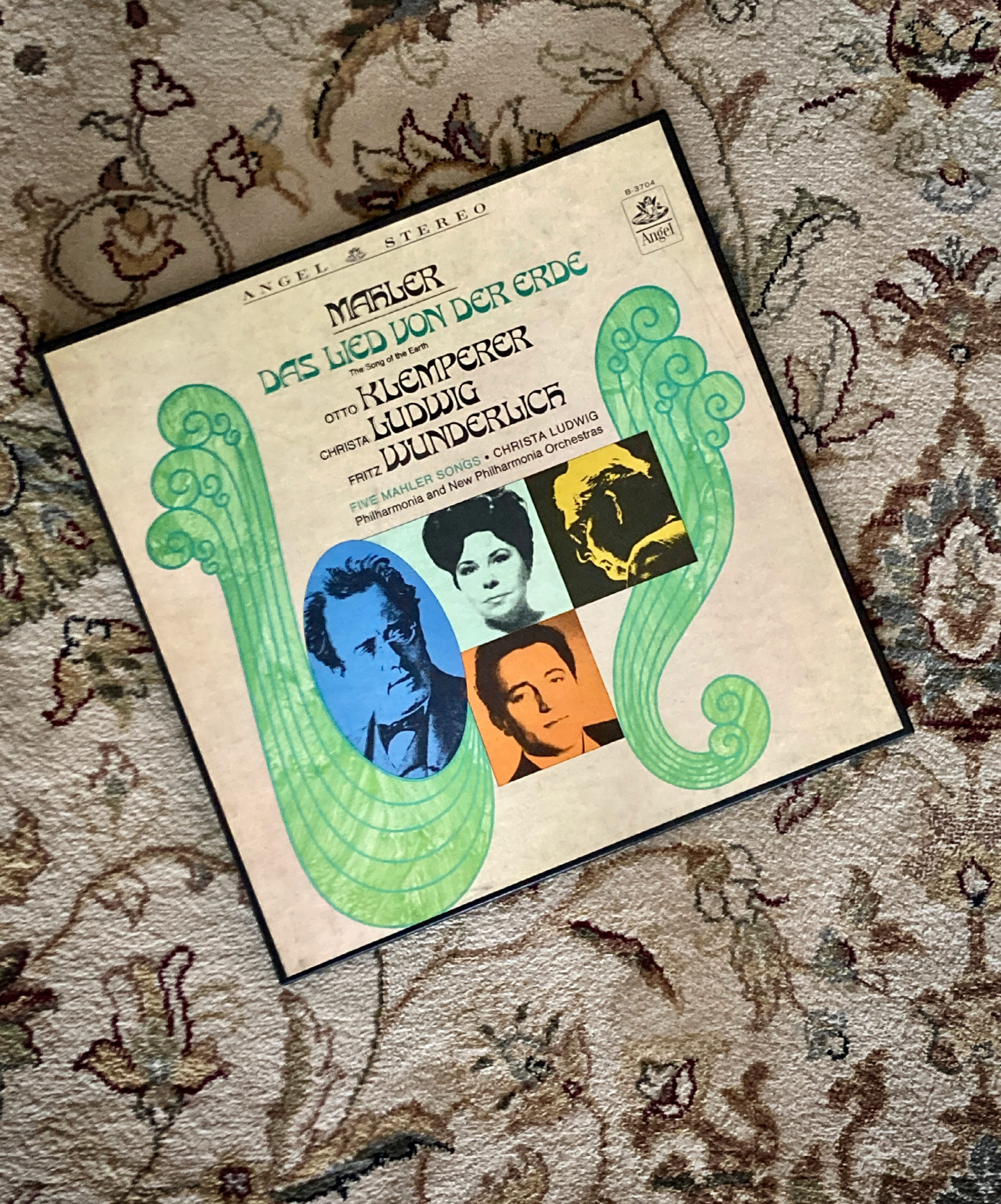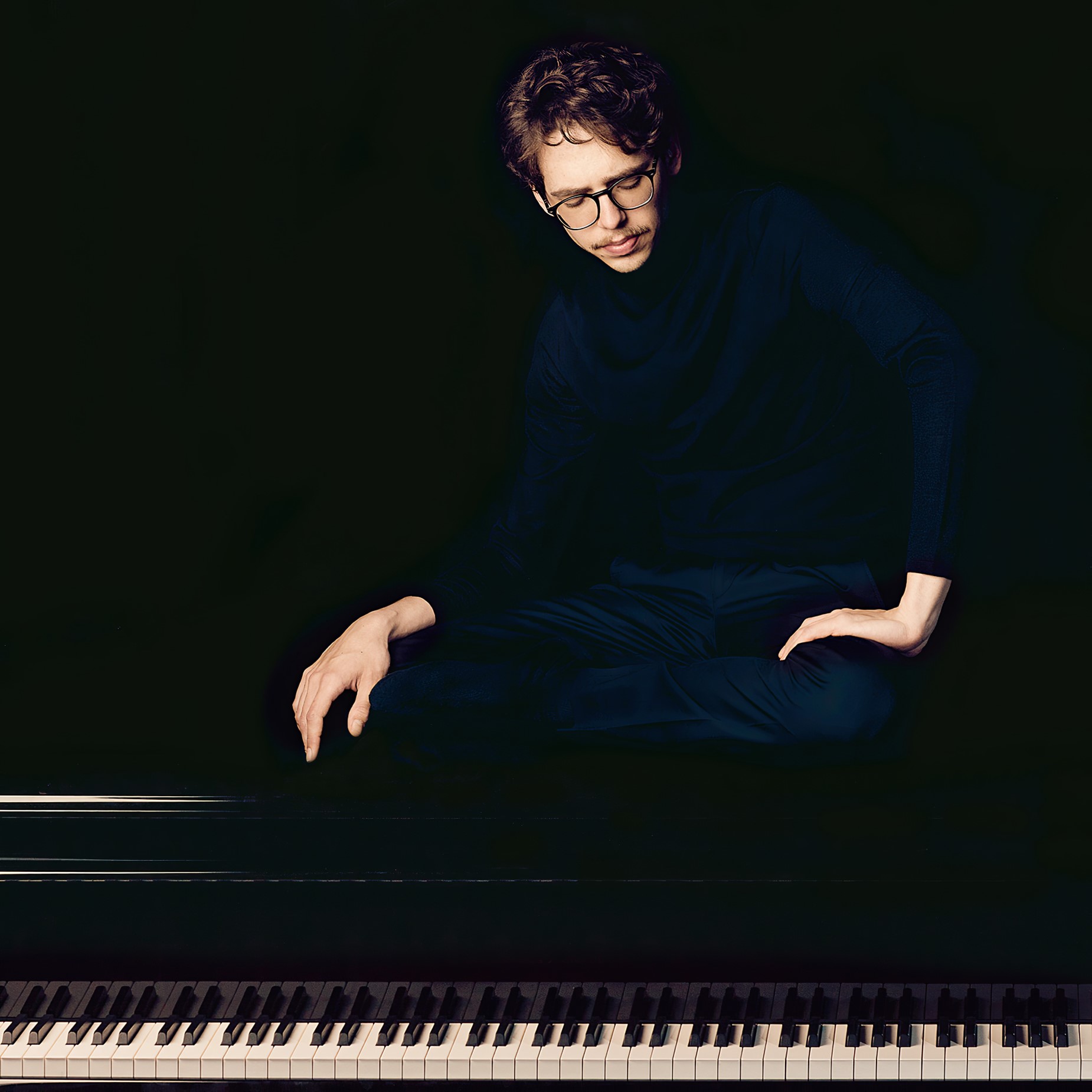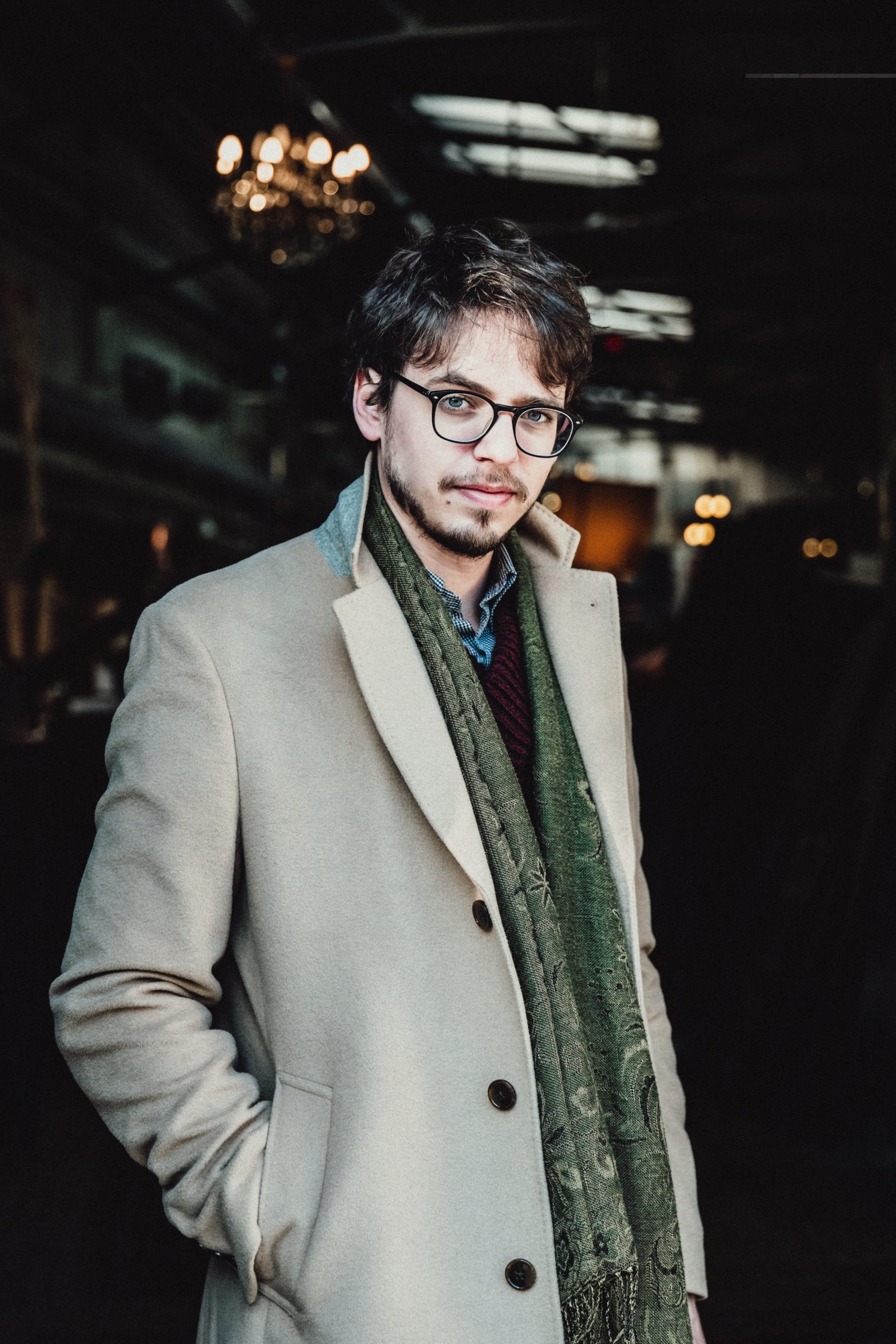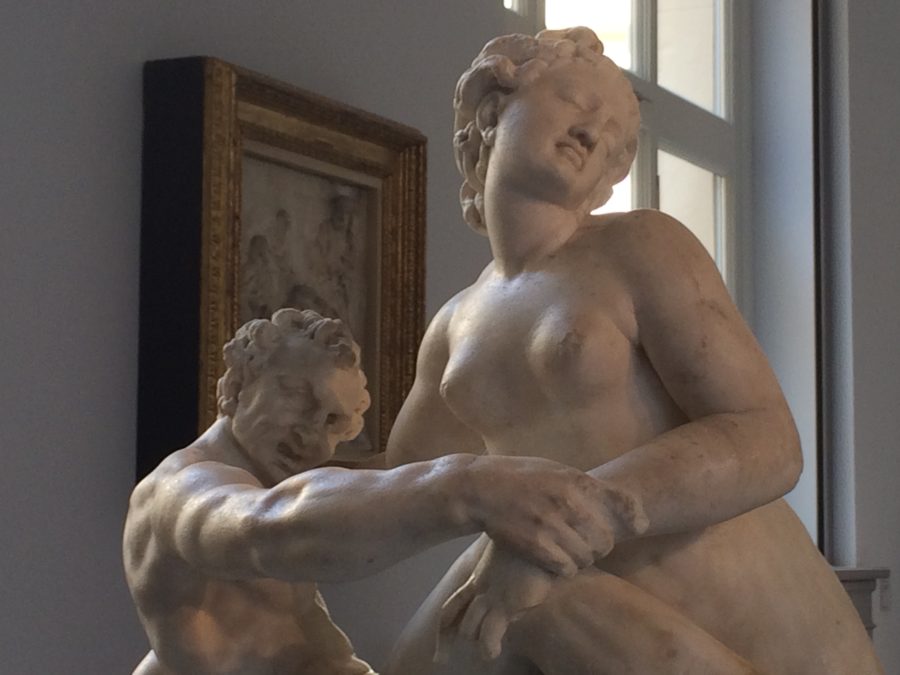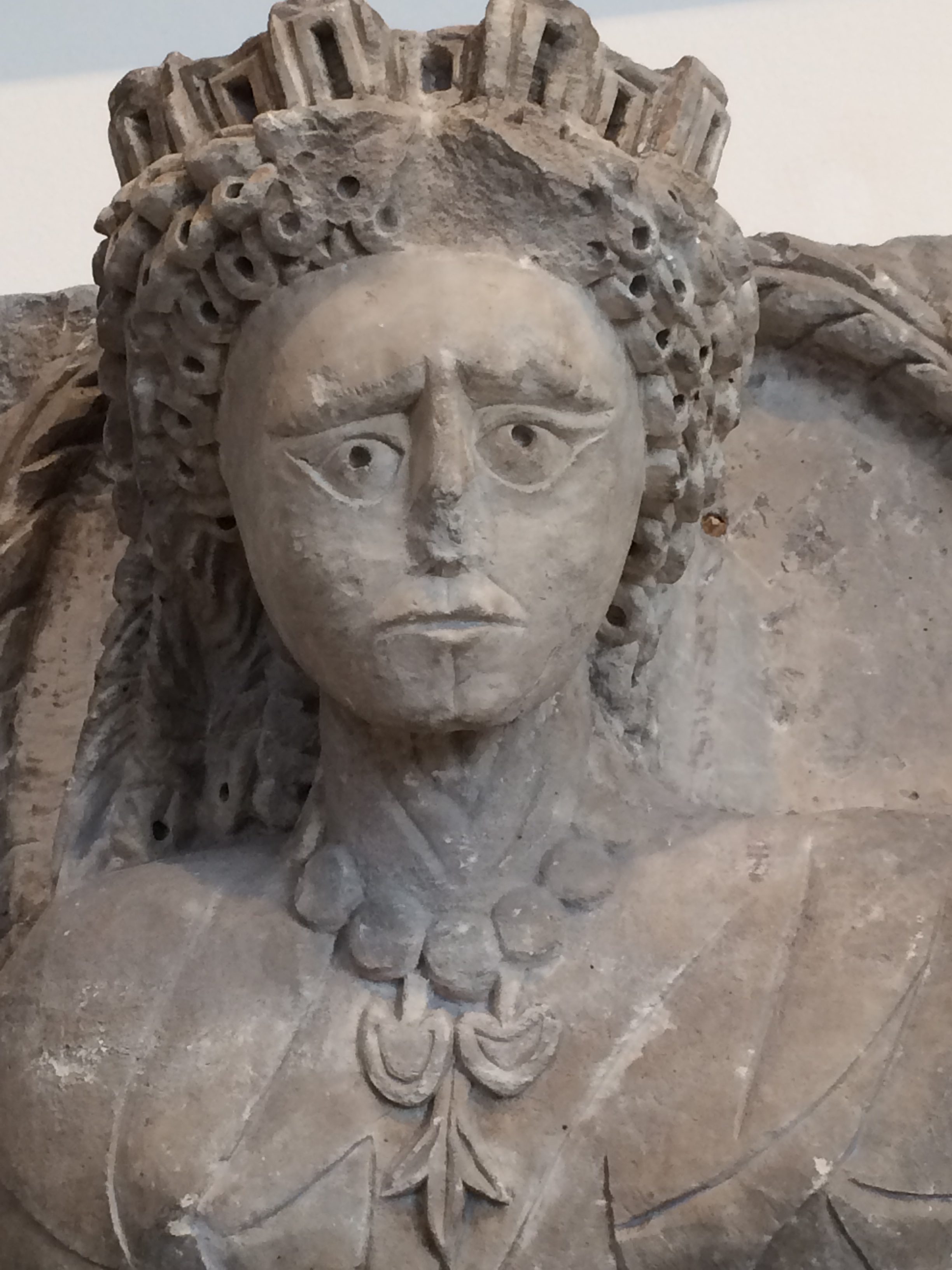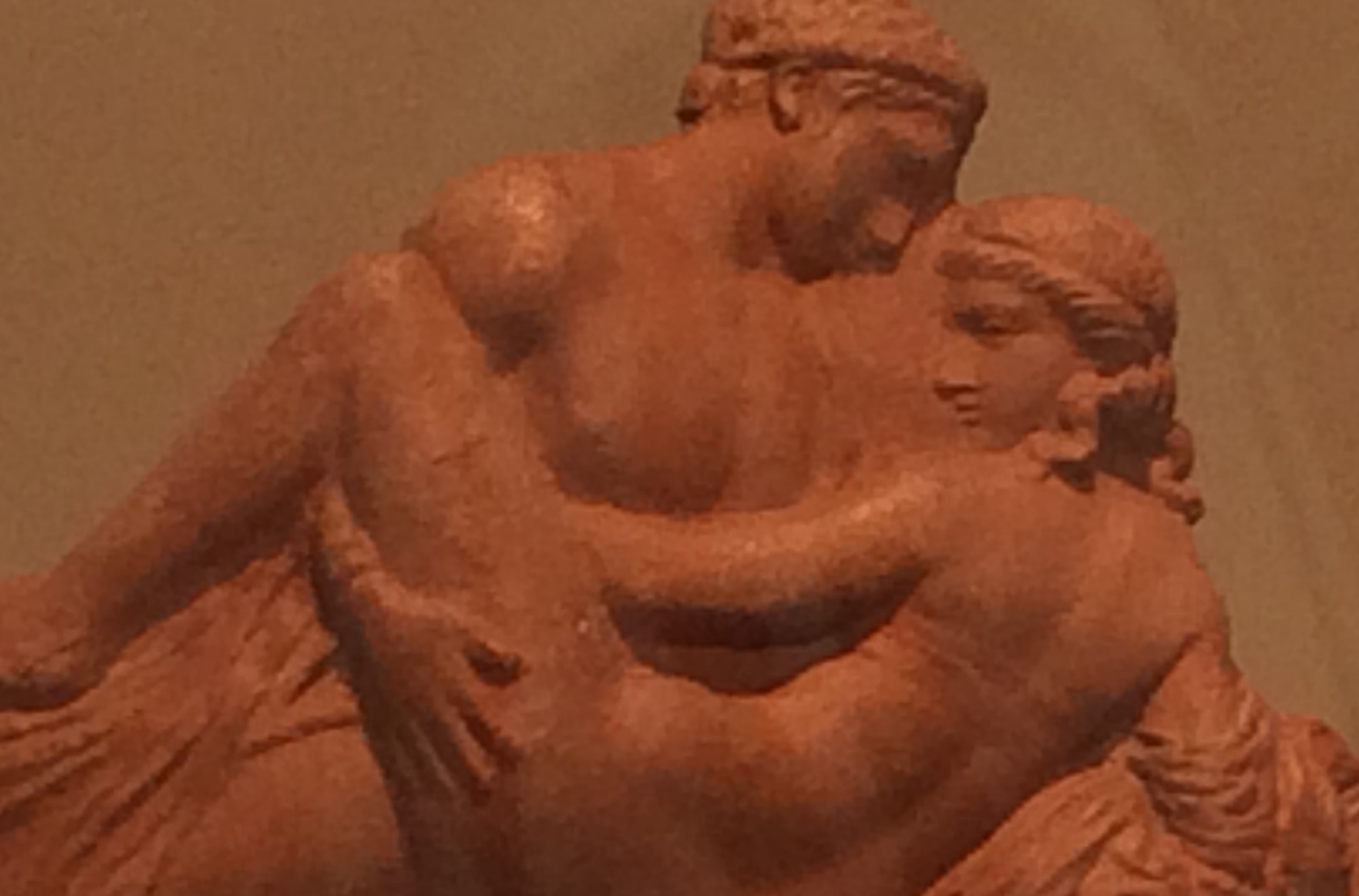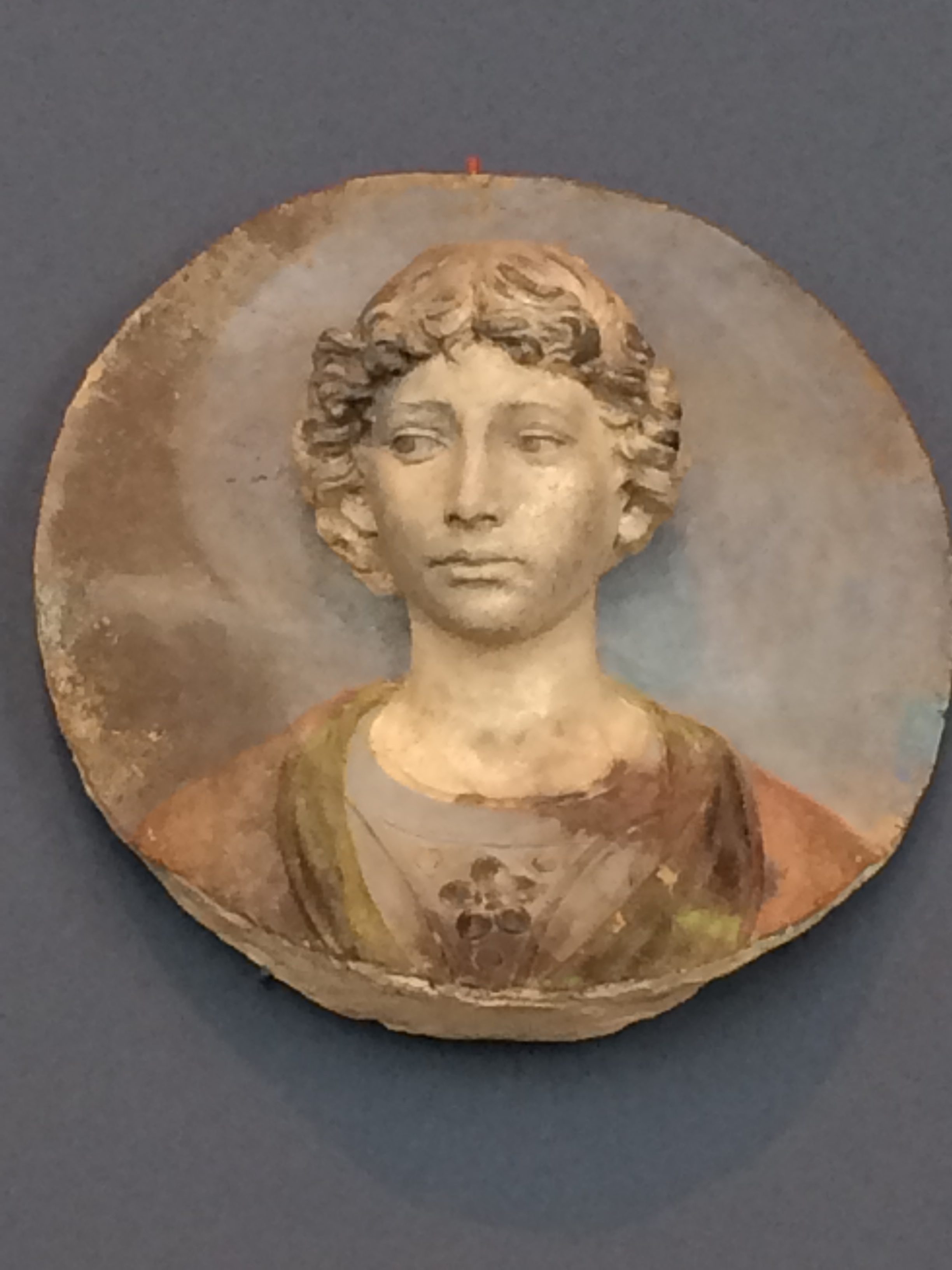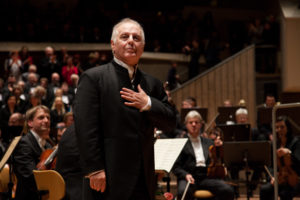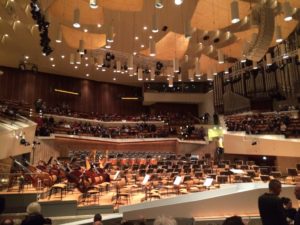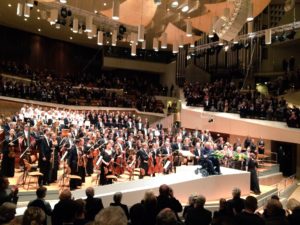“There is special providence in the fall of a sparrow”, so says Hamlet, in Act 5 Scene 2 of Shakespeare’s famous play, and indeed, the phrase holds several painful truths for our times. The sad news of the passing of mezzo soprano Christa Ludwig at the weekend was met with a chorus of loving tributes and tender memories. That such an event occured amidst the hodge-podge of COVID-forced closures and reopenings inspired numerous listenings of her past work and moments of melancholy if vital contemplation.
Music, and the will toward its live presentation, has taken on a potent symbolism amidst pandemic; that will never really went away in certain places, while in others it has vanished entirely. Marketing buzzwords (“pivot” and “experience” and “reimagine”) seem to be clothing a nifty, selfie-snapping holographic Emperor I’m not sure I’m ready to applaud. As digital producer Jon Jacob highlights in a recent blog post, the way certain forms of music are perceived colors large swaths of its current presentation and much-awaited in-person iteration. The past year has forced a much closer connection to sounds and sights, simultaneously solidifying and blurring our relationships to entertainment, escapism, imagination, and immersion. Thus has music – sound as much as its visual counterpart – become far more immediate and distant, heightening consciousness of directed attention and specifically in relation to one’s perceptions of time. Neuropsychologist Marc Wittmann explores this issue in Felt Time: The Science Of How We Experience Time (The MIT Press, 2017; translation Erik Butler):
Where full attention is lacking, intensive experience is impossible. […] Presence is not simply a matter of mental focus; it also concerns the corporeality of the moment. The experience of presence occurs when body and mind, space and time, constitute a unity: here and now.”
(Chapter 3, In the Moment: Three Seconds of Presence)
Rather ironically, I have yet to see Wiener Staatsoper’s new production of Parsifal directed by Kiril Serebrennikov with Jonas Kaufmann and Elina Garanca; Wagner himself decreed that his final opera should, as Bachtrack‘s Mark Valencia succinctly put it, “be reserved exclusively for the Bayreuth Festspielhaus in order to avoid the “Entweihung” (sacrilege) of merely entertaining opera-goers.” Those of us who thrive on the experience of the live experience in all its sensual glory have been (continue to be) forced to gawk at a glassy, glowing image ready-made for entertaining diversion. The immediacy of live art is now mediated through headphones, screens, speakers. Occasionally there is the unwelcome noise pollution of traffic and neighbours seeping through thin, uninsulated walls and ventilation shafts. Pressing hands against earphones or speakers does not, in any way, fade ugly circumstances out and bring something better back in, but oh, the intention is good, and surely that must count for something.
Intention is what seems to be guiding many of us now, for good or bad, and the most seemingly simple acts are, paradoxically, sometimes the most heroic; such is oft-contradictory nature of the times. Entering a big-box store pharmacy to get my first vaccination last week, I longed to hear some kind of music that wasn’t the determinedly busy-buzzy rock-pop every store seems to broadcast. (It seemed wistful to want for the days of Muzak, and yet.) As I tried not to be alarmed at the full parking lot and number of shoppers (how is this acceptable but attending – giving – a chamber concert, indoors or outdoors, is not?), a fashionably-attired mother-daughter team passed within inches of me, the younger member giving me a disdainful stare as I sat perched on the edge of a chair within a specially-marked area of tape around its perimeter. I stuck out my legs thereafter, feet touching tape, toes beating out a hurried, pseudo-tap “La donna è mobile”, a bit of comical suburban self-soothing. It brought to mind memories of my own mother shopping at a certain supermarket because the owner would always put on opera at her visits; she would merrily bob her head along to that very aria as she picked up the week’s supplies. Not everyone has such (supposedly) fancy tastes, I realize, but then, my mother would say that classical music isn’t fancy.
“That’s stupid,” she once observed of the propensity to label classical music as something solely for elite tastes. “Just sit there and listen.”
It wasn’t Verdi but Mahler which was floating through the brain, or rather, heart, that day of my first vaccination. The sounds of Das Lied von der Erde came floating in and out of the ears, its closing lines undulating like multicolor waves against the aisles of colorless boxes within view:
Still ist mein Herz und harret seiner Stunde!
Die liebe Erde allüberall
Blüht auf im Lenz und grünt
Aufs neu! Allüberall und ewig
Blauen licht die Fernen!
Ewig… ewig…
A picture of mezzo soprano Christa Ludwig came into mind’s eye, not of her performing this work, but from her final concert in Vienna in 1994; the poise, confidence, and grace were buoys against those long, grey aisles, and the prick of a needle behind a closer door moments later. Just sit. Just listen.
I do not recall the first time I ever heard Ludwig’s voice, it was simply present, like oxygen – sensitive, feeling, alive. It was the famous 1964 Warner Classics recording of Das Lied von der Erde (featuring Ludwig together with Fritz Wunderlich and conductor Otto Klemperer) that led me back to a classical path I had strayed from for over a decade. In NPR’s tribute to Ludwig, music writer Anne Midgette notes that “If you want to sing German, you could do no better than to listen to Ludwig, who managed to sing German art songs with tremendous nuance and feeling, but without the sort of preciousness that even some very great people get in that repertory.” The nuance Midgette pinpoints to extends to Ludwig’s performances of formal lieder. Ludwig’s phrasing, pauses, careful breaths, coloring, that tremendous control and modulation – there is so much technique to be found and (rightly) marvelled at, whether in opera, art song, or orchestral work – but there is also a total understanding of the material and its layered subtexts. Ludwig knew the lines well enough to know she could draw – really, really well – outside of them, and she trusted both her onstage colleagues and her audiences to follow her along on those journeys. To be confident about your choices as an artist is one thing; to be confident about showing such authenticity, as a woman and a public figure, is quite another.
In her wonderfully-titled memoir (“In My Own Voice”, Limelight, 2004), Ludwig wrote that “(c)ourage is needed to reveal one’s own feelings in interpretation and not tell the audience with raised forefinger: “The composer wanted it like this, and no other way.”” There must be room for that flow and confidence, but oh, what an uphill battle it can be for an aging woman to cultivate either (or both) of them within the confines of contemporary (especially digital) culture. Courage, to paraphrase Ludwig, has indeed been needed. I stood at my easel this past weekend, for the first time in almost a year, and rather magically, I didn’t hear the mewls of insecurity which so often (and loudly) screamed; energy goes where attention goes, and the direction of it, like surgical incision, must be precise, flow allowed without judgement. Leaving doors open means allowing a spiritual kind of lüften; thus emanating from the carefully-placed speakers on Saturday was Die Frau Ohne Schatten, Strauss’s 1919 metaphysical opera about creation, connection, choice, and unique identity. Christa Ludwig sang in the very first Met presentation of this opera back in 1966, as the Dyer’s Wife, alongside then-husband Walter Berry as Barak. My first time seeing this opera live was in 2013, a conscious if rebellious (and ultimately life-changing) decision to skip a graduate school class.
The memory of that live experience still washes over me, a wet, warm, salty blanket of timbres and textures and tones, and instead of drowning, my fins make a happy, flapping return; I’ve been swimming upstream ever since, and over the past six years, negotiating an ocean of loss. Learning to live with less (people, opportunities, money, food, space, fun, conversation, closeness, trust, touch) has meant learning to be more careful in the direction of energy. I listen (read, watch, speak, and write, I hope) in very different ways than in early 2020, and relistening to Ludwig’s work recently, I was struck by the extent to which everything – the whirl of fans within, the din of traffic without – simply stopped. Her “ewig” is here, for us, for me, for this moment, and, somehow, feels hyper-concentrated: forever, right now, stay present, that voice entreats.
And so, reapproach, recalibrate, reimagine: buzzwords for the era of coronavirus, advice for the will to return to culture; fortitude for colouring outside the same old lines. One has to trust one’s instincts; if others choose to follow, so much the better. Defy augury, that voice continues to whisper, the readiness is all.

